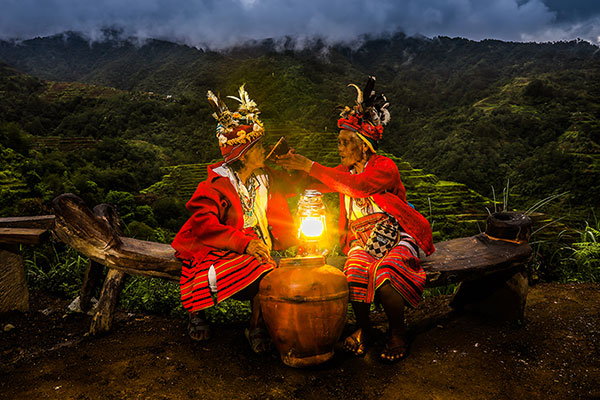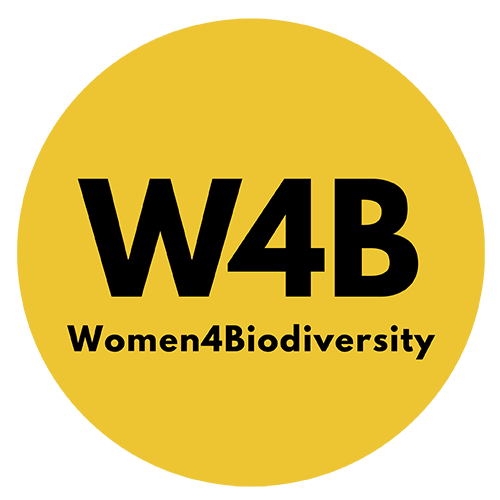Side Event ID: 5284
WHAT
A one hour fifteen minutes panel discussion side event that responds directly to the Gender Action Plan (2023-2030) adopted at COP 15, in particular to the Expected Outcome 3, which aims to create enabling conditions for the gender-responsive implementation of the Kunming-Montreal Global Biodiversity Framework (KM-GBF). It aims to promote an inclusive and informed dialogue on the advancement of gender-inclusive traditional knowledge indicators for biodiversity conservation.
For more information on Geneva conferences 2023, please click here.
WHEN
Monday, 13 November 2023
13.15 hours to 14.30 hours. Please convert your time and date here.
WHERE
Salle 3 – Asia and the Pacific – Level -1, International Conference Centre Geneva / Centre International de Conférences Genève (CICG), Geneva, Switzerland
REGISTRATION
For online attendance, please register here.
WHO
The roundtable welcomes the active participation of a diverse audience, including rights-holders, experts, policy-makers, practitioners and advocates interested in the intersection of gender justice and biodiversity conservation.
The panel includes,
- Abigail Kitma, Tebtebba
- Cristina Eghenter, World Wildlife Fund International (WWF)
- Yesenia Hernandez, Rueda de Medicina AC
- TBC, International Land Coalition
WHY
- To promote an inclusive and informed dialogue on the advancement of gender-inclusive traditional knowledge indicators for biodiversity conservation.
- To address the key challenges and gaps in the measurement of traditional knowledge indicators, particularly about the contributions of women and girls, within the Joint Work Programme on Biological and Cultural Diversity.
- To discuss ways to ensure gender-responsive measurement of traditional knowledge, including the systematic collection of sex-disaggregated biodiversity data and the development of gender-specific indicators, in line with the objectives of the Gender Action Plan and the KM-GBF.
- To recognise strategies and best practices that can be used to strengthen the evidence base and understanding of the gender impacts of the implementation of the KM-GBF, recognising the central role of all women and girls, including insights from traditional knowledge.


